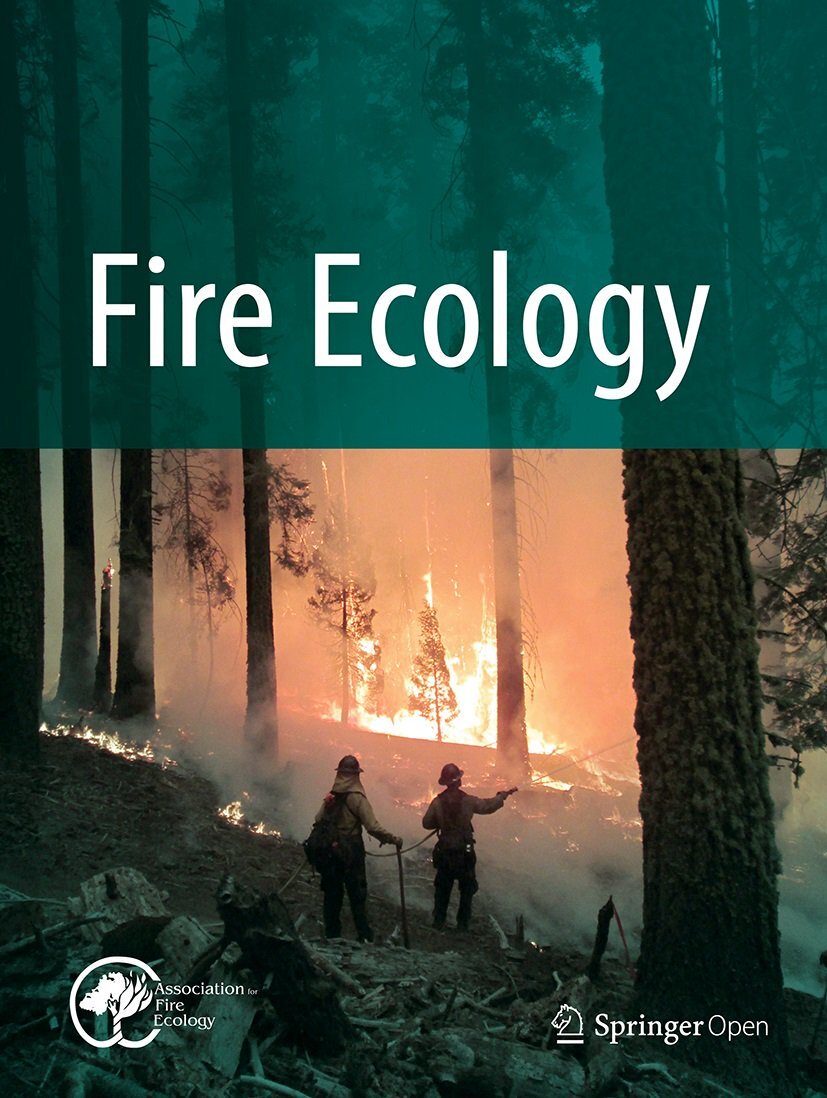northern arizona university
school of forestry
Northern Arizona University’s School of Forestry is nestled in the world’s largest contiguous ponderosa pine forest in a remarkably diverse setting within 50 miles of five climate zones. Our Forestry program is nationally accredited by the Society of American Foresters (SAF) and a national and international leader in natural resource education and forest research with one of the most diverse faculties in North America.
Our School of Forestry offers an undergraduate degree in Forestry, with an option for a 5-year accelerated program in which students earn both a Bachelor of Science in Forestry (B.S.F.) and Master of Forestry (M.F.). Our School of Forestry also offers three graduate programs: a Master of Forestry (non-thesis option), a Master of Science in Forestry, and a Ph.D. in Forest Science. Our School recently expanded their online program with a fully online graduate certificate in Natural Resource Management (GCERT). We are developing new online programs, one of which is a new undergraduate degree related to wildland fire (coming in 2024)!
We currently offer two undergraduate certificates related to Wildland Fire. Our Fire and Forest Management for Professionals certificate is an online program targeted at working professionals who need university or continuing education credits. Our Fire, Ecology & Management (FEM) Certificate is an in-person certificate for our undergraduate students on campus.
Completion of the Fire Ecology & Management Certificate (FEM) with the Forestry B.S. degree meets the academic qualifications program certification through the Association for Fire Ecology. Students will graduate from this program with a thorough understanding of the basic physical and chemical properties of fire, fire effects on ecosystems, management issues surrounding wildland fire, fire behavior modeling and monitoring, the interaction of climate on fire, and fire regimes and management. Students will implement a monitoring program related to fire effects, use several different fire behavior and fire effect models, and write a fuels specialist report and fire monitoring plan.
Our Student Association for Fire Ecology (SAFE) Chapter has been active since 2005. SAFE offers experiential learning opportunities such as participating in Fire Training Exchanges (TREX) each spring break, talks from local managers and scientists, group field trips and attending conferences and workshops.




